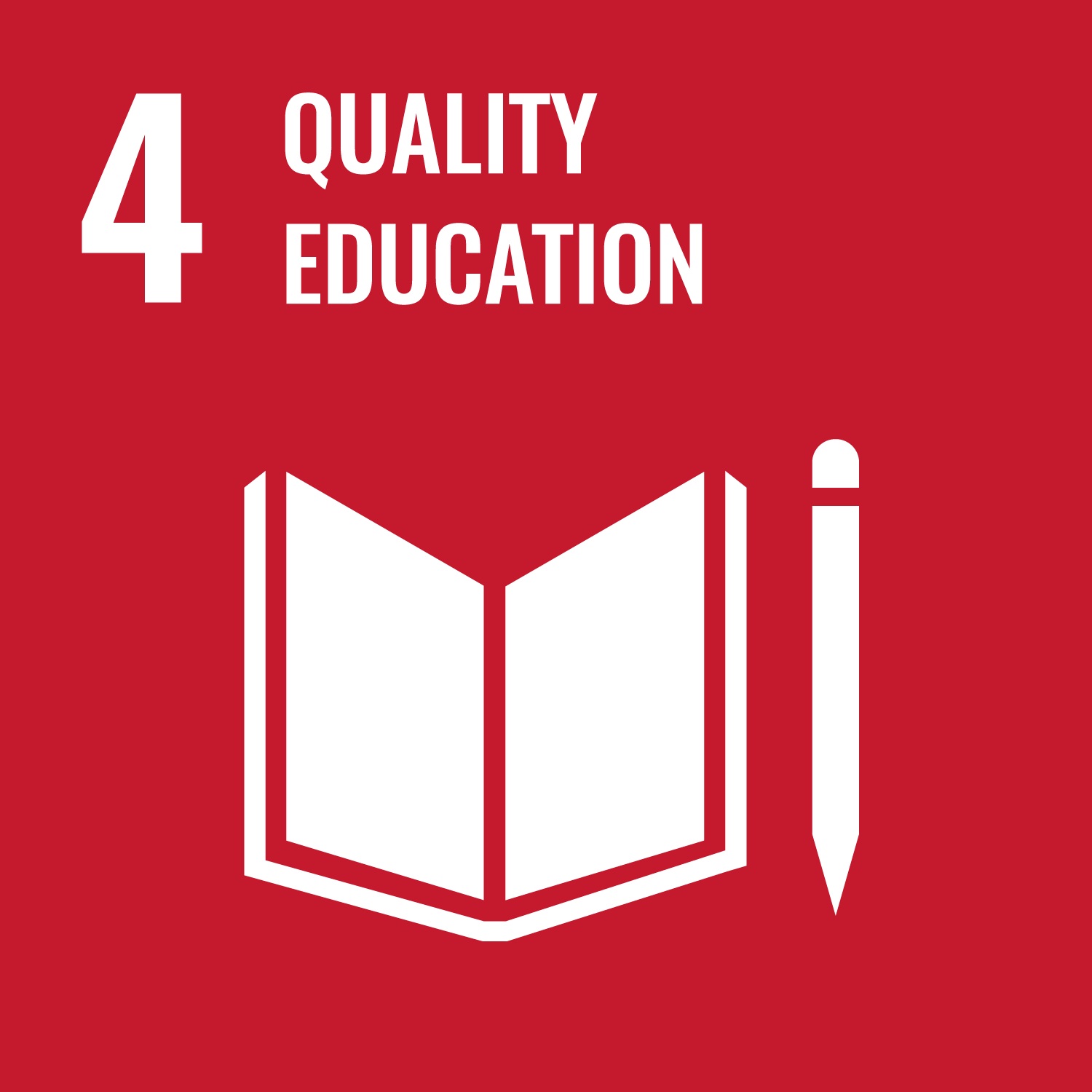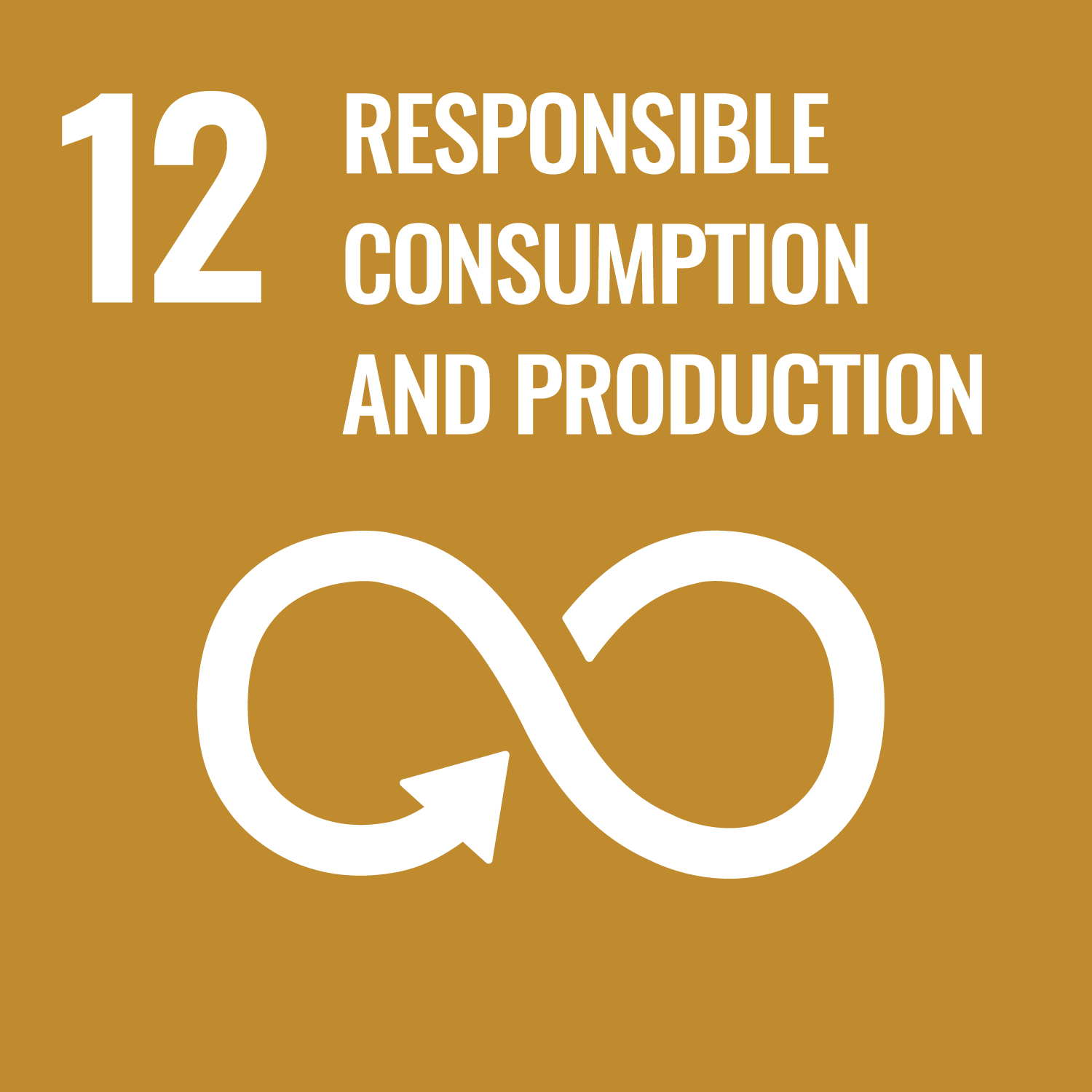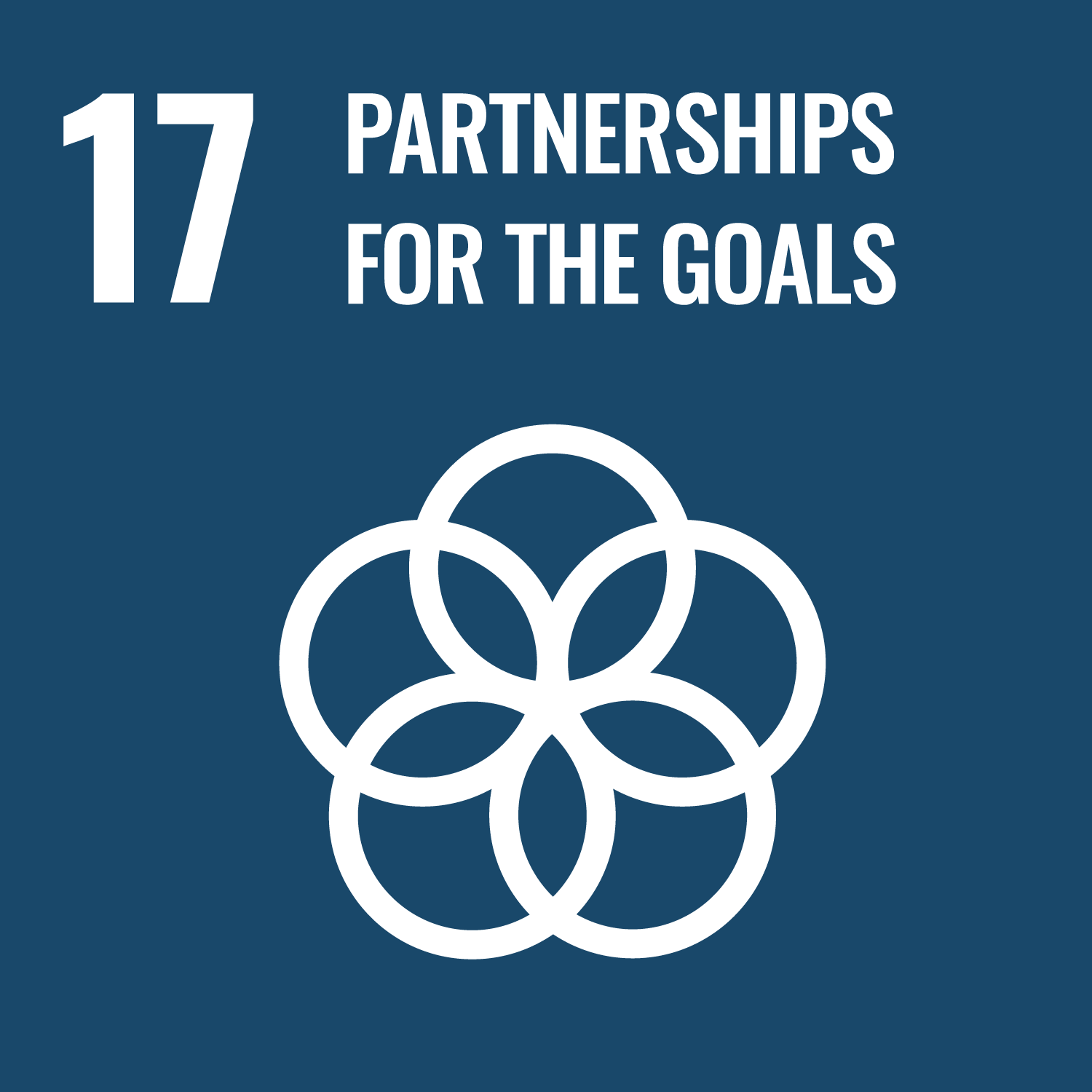Learning Rapidly about the Relevance of Visual Cues Requires Conscious Awareness
Humans have been shown capable of performing many cognitive tasks using information of which they are not consciously aware. This raises questions about what role consciousness actually plays in cognition. Here, we explored whether participants can learn cue-target contingencies in an attentional learning task when the cues were presented below the level of conscious awareness, and how this differs from learning about conscious cues. Participants’ manual (Experiment 1) and saccadic (Experiment 2) response speeds were influenced by both conscious and unconscious cues. However, participants were only able to adapt to reversals of the cue-target contingencies (Experiment 1) or changes in the reliability of the cues (Experiment 2) when consciously aware of the cues. Therefore, although visual cues can be processed unconsciously, learning about cues over a few trials requires conscious awareness of them. Finally, we discuss implications for cognitive theories of consciousness.
| Item Type | Article |
|---|---|
| Keywords | Consciousness, Learning: Attention: Masked priming: Psychology |
| Subjects | Philosophy |
| Divisions | Institute of Philosophy |
| Date Deposited | 23 Jun 2017 09:52 |
| Last Modified | 06 Aug 2024 05:23 |








